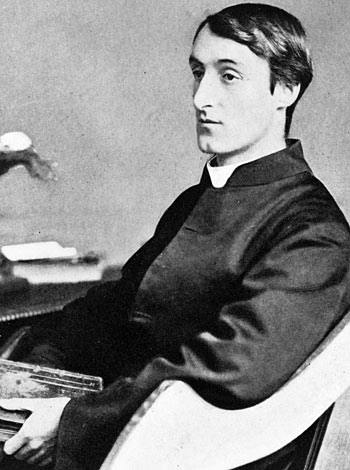As Merton recalled of one of his
favorite authors, “The Providence of God was eventually to use Blake to awaken
something of faith and love in my own soul – in spite of all the misleading
notions, and all the almost infinite possibilities of error that underlie his
weird and violent figures.”[1] God can use any avenue to bring people to his
presence. Blake was not always a man of
faith, and therefore his poems were not strewn with Christian illusions. Yet God used Merton’s love of literature to
draw him nearer; He might use art or even sports to do the same for
another. It just so happened that Merton
had a consistent stream of books which held his interest and therefore God
entered the pages to come to life through his persistent reading.
So “just as his reading helped
him in moving toward these goals, so our reading of Merton’s works can do the
same for us.”[2] We can take his example and draw nearer to
God through reading, if that is a love of ours.
Spiritual reading as a whole can “assist in the reformation of our
hearts and minds into the likeness of Jesus Christ.”[3] Utilizing books for this purpose involves
interacting with the words for the personal formation aspects rather than the
head knowledge that can be gleaned.
After his conversion, Merton
wrote “to help people to be better Christians”[4]
just as so many writers before him had done.
He appreciated the custom of Saint John of the Cross, who wrote out
“short meditative phrases…that could be used as a meditative preparation for
contemplative attention.”[5] Merton utilized such a practice to help young
monks approach meditation. His
theological writing assisted the deepening of faith for his fellow monks as
well as superiors and even for readers today.
This practice was used in Merton’s own practices as one of his favorite
things to do was to meditate “in silence on a spiritual author.”[6] I think this is a very practical takeaway
from how Merton utilized his love of literature to further his spirituality.
The act of reading is not merely
for pleasure, but it invokes a response.
Personally, I have found certain quotes
from Merton helpful in my own spiritual journey as I am able to contemplate his
words as they relate to the Christian life.
He was able to “juxtapose whatever he reads and contemplates…with the
reality of his monastic existence.”[7] Likewise, the reader of Merton works and
other spiritual writings can contemplate the words on the page in their own
setting. I, too, can appreciate the
aspects of creation that are touched upon in Blake’s poems and the vividness of
Hopkin’s verses. Writers have the unique
gifts to bring to life things that are often passed by without much thought
since “words can travel beyond their confines
into the mystery of God.”[8] The importance of spiritual reading is
to see how God works through these writers to bring his people closer to Him. This was evident in Merton’s life as he
became the same literary influence that other writers had been to him.







.jpg)
